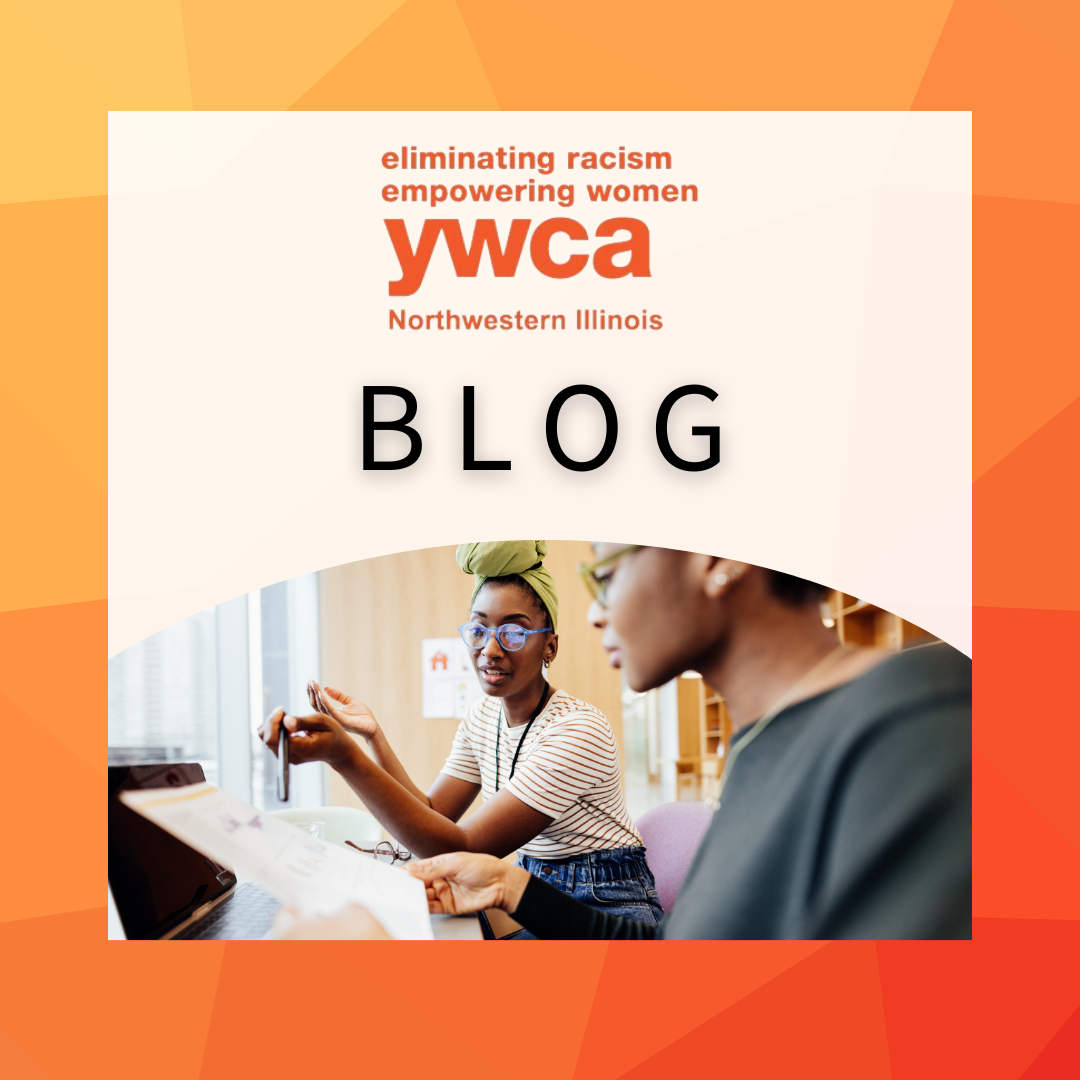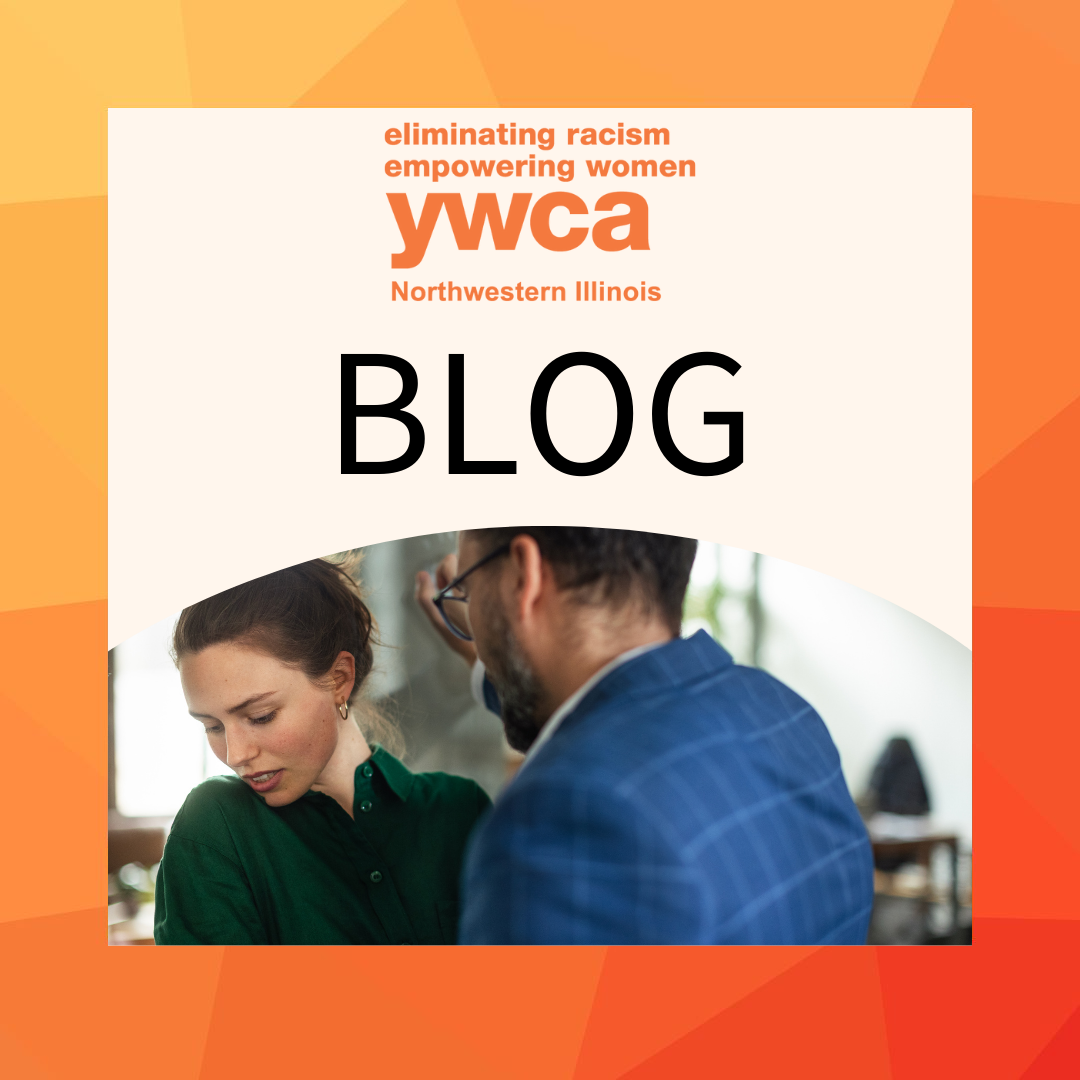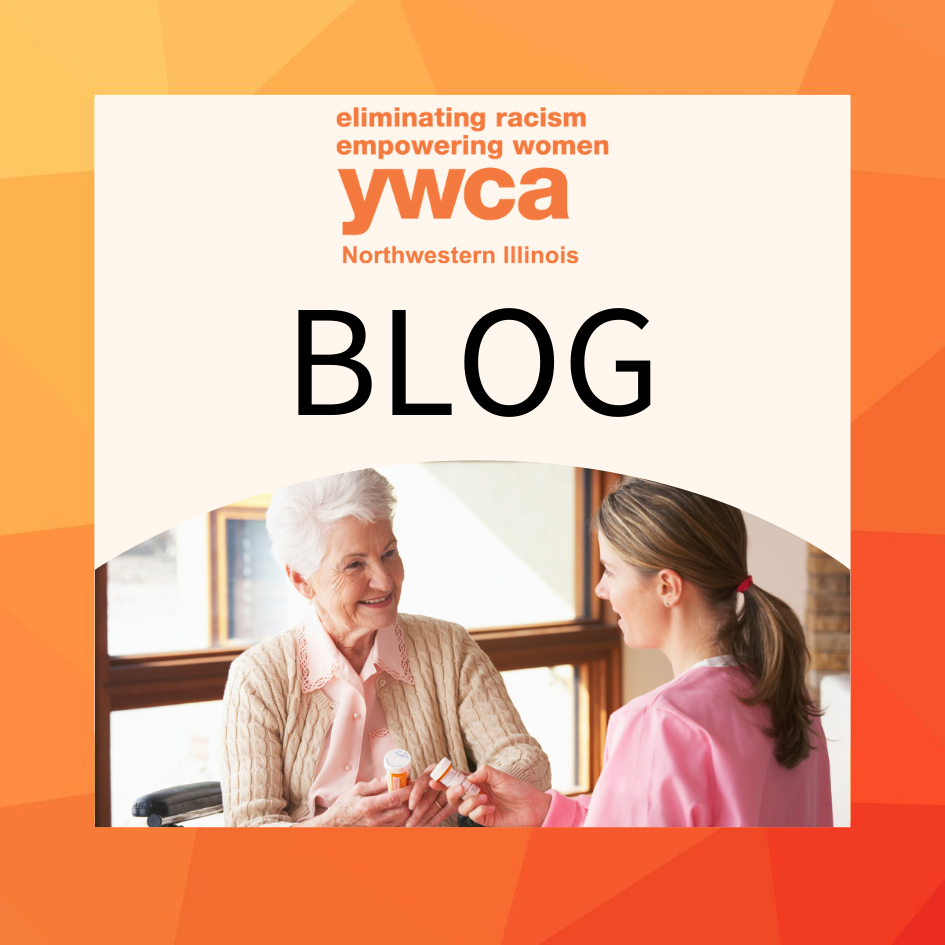As April rolls in, so does the celebration of National English Language Month, a time dedicated to honoring the richness and diversity of the English language. This month-long observance provides an opportunity for individuals worldwide to acknowledge the significance of English as a global means of communication, to reflect on its evolution, and to appreciate its cultural impact. It also prompts reflection on the critical intersection between language appreciation and literacy advocacy, especially in communities like Rockford, Illinois.
Rockford boasts a vibrant community with diverse linguistic and cultural backgrounds. Yet, like many regions across the United States, it faces literacy challenges that affect individuals of all ages. From struggling to read at grade level to improving English proficiency, access to literacy resources remains a cornerstone for personal and community empowerment. By advocating for policies and initiatives that promote literacy access for all residents of Rockford, communities can empower individuals to unlock their full potential and participate more actively in social, economic, and civic life.
National English Language Month allows us to highlight the importance of literacy initiatives in Rockford and to advocate for increased support and investment in educational programs that address the needs of learners at all levels and ages. This holiday also encourages individuals to explore the language through various mediums, including literature, poetry, film, music, and digital media. It serves as an invitation to delve into the works of renowned English-language authors, from Shakespeare to Toni Morrison, and to discover the beauty and power of language through their writings.
One of the most compelling aspects of the English language is its dynamic nature. English continually evolves, absorbing new words, phrases, and expressions from various sources, including other languages, technology, popular culture, and global trends. This linguistic adaptability reflects the ever-changing nature of society and enables English to remain relevant and vibrant in an increasingly interconnected world.
In addition to its cultural significance, English plays a pivotal role in promoting global understanding and collaboration. Known as the lingua franca of the modern world, it serves as a bridge connecting people from diverse linguistic and cultural backgrounds, facilitating trade, diplomacy, education, and cultural exchange on a global scale.
In Rockford, organizations such as literacy centers, libraries, and community groups play a pivotal role in promoting literacy and language proficiency among residents. These invaluable resources offer a range of services, including adult literacy classes, English as a Second Language (ESL) instruction, tutoring programs, and family literacy initiatives designed to support learners of all ages and backgrounds.
During National English Language Month, we can leverage the spotlight on language and literacy to raise awareness about literacy programs and services, engage community members in meaningful dialogue about the importance of literacy, and inspire individuals to take proactive steps toward improving their language skills. By prioritizing investments in education and expanding access to high-quality learning materials and services, policymakers can help build a more inclusive and equitable society where every individual has the opportunity to thrive.
It is evident that advocating for literacy initiatives in communities like Rockford, Illinois, is essential for personal and societal growth. By recognizing the dynamic nature of the English language and supporting programs that promote access to literacy resources, we empower individuals to unlock their potential and engage more fully in society. Let us continue to prioritize education and expand access to high-quality learning materials and services, ensuring a more inclusive and equitable society where every individual has the opportunity to thrive.
YWCA Northwestern Illinois offers literacy services to adults in Winnebago and Boone Counties. Adults can enroll in English as a Second Language (ESL) classes, as well as one-on-one tutoring in reading and writing. Please reach out to us if you’d like more information about either of these programs, or if you’d like to learn how you can become a volunteer literacy tutor for adults.
-Sarah Catalfu, YWCA Northwestern Illinois Literacy Council, Literacy Coordinator – Adult Volunteer Literacy program




